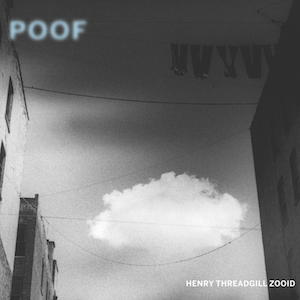Label: Edition Records, 2021
Personnel - Miho Hazama: composition, conduction + Danish Radio Big Band (soloists) - Karl-Martin Almqvist: tenor saxophone; Hans Ulrik: tenor saxophone; Peter Fuglsang: alto saxophone; Anders Gaardmand: baritone saxophone; Mads la Cour: trumpet, flugelhorn; Mårten Lundgren: trumpet; Petter Hängsel: trombone; Peter Dahlgren: trombone; Nicolai Schultz: flute; Henrik Gunde piano; Per Gade guitar; Kaspar Vadsholt: double bass; Søren Frost: drums.
A phenomenal presence in the orchestral world of modern jazz, Tokyo-born New York-based Miho Hazama composes and arranges with insight and extremely good taste. Her incredible talent, which got her a Grammy nomination with the chamber ensemble m_unit, is again on display throughout this new album recorded with the acclaimed Danish Radio Big Band, and whose program consists of seven tracks that shift from one colorful mode to the next.
Hazama was invited to join the cited European Big Band as a chief conductor, following the steps of trumpeter Thad Jones, trombonist Bob Brookmeyer and pianist Jim McNeely, and she actually takes the ensemble into a new gleam. The sumptuous arrangement and deft execution of the opener “I Said Cool, You Said…What?”, which is directly related to the invitation, immediately confirms that as it shines with a venturous 13/8 meter signature, a melodic swirl that challenges and charms, and central statements by Nicolai Schultz on flute, Henrik Gunde on piano and guitarist Per Gade, who scorches the scenario with fuzz chops.
Serene but with a feel-good posture, “Your Scenery Story” probes different signature meters, presenting individual manifestations from trumpet and saxophone as well as impeccably layered collective passages.
“Mingle-Mangle Goody Bag” swings lavishly with a Mingus-like vibe, becoming affiliated with the melodic contours à-la Henry Mancini displayed on the thoroughly simpatico “Mimi’s March”. In the latter, we have some gravitational trombone waves and meaty lines fleshed out by Anders Gaardmand's baritone sax, but the beginning seems to join the traits of a small rock group with a jazz big band, while grooving aplomb.
The galvanizing “On That Side” opens with a bass solo before establishing an urgent, vigorous forward motion in 7/8 tempo. Adapting to the musical contexts suggested, the band embarks on captivating explorations of sound and texture as well as improvisations that develop with extemporary freedom. The album concludes by balancing lush orchestration with some balladic pop undercurrents on “Green”.
With an extraordinary amount of clarity and virtuosity, this recording provides both punchy and sensitive moments that will make it stand the test of time.
A-
Favorite Tracks:
01 - I Said Cool, You Said…What? ► 05 - Mimi’s March ► 06 - On That Side








































